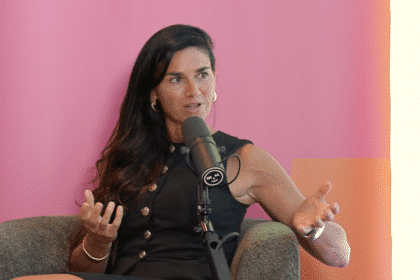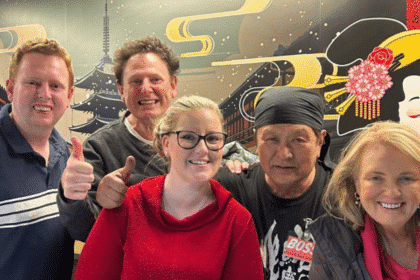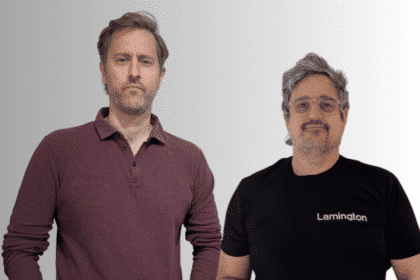Prior to taking up his current chief of staff role at Avid Collective, Gray Roberts (right) spent most of his career working in ecommerce.
“I’ve spent the majority of my career in the eCommerce industry, most notably in a leadership role at Groupon,” he told B&T.
He spent nearly four years at Groupon, leading the sales team during the business’ transition.
“My leadership along with the wider group was instrumental in facilitating the transition from a hybrid business model to a more focused ‘hunter-farmer’ approach, setting the stage for substantial growth. Together with my team, we made Groupon the dominant market share holder in the ANZ region,” he explained.
After leading Groupon to great success, Roberts made the switch to Uber for a tasty Uber Eats gig.
“I was headhunted by Uber to spearhead the establishment and rapid expansion of Uber Eats, leading the sales and success functions across SMB and mid-market orgs. Uber was undergoing a transformation into a three-sided marketplace to support the new product model, which required robust B2B functions. My counterpart, Tom Storer, and I led this transformative effort, increasing the team size from a modest 30 to an impressive 200 members within two years,” he said.
But then Avid Collective came calling.
“[It] represents a truly unique product that is being pioneered in our market and has the potential for global success. The opportunity to be a part of such an innovative venture was incredibly enticing to me,” Roberts said.
“However, it wasn’t just the product that inspired me to make the change. Avid Collective’s ethos, leadership, and practices truly resonated with me. The organisation places its people at the forefront, valuing their curiosity, tenacity, and authenticity. This kind of culture is rare, and I knew I had found my home and community with Avid Collective”.
So, what did Groupon and Uber give Roberts?
“The ability to manage rapid scale while retaining the positive cultural elements that exist within a smaller, close-knit group of innovators. Transitioning from a smaller team to a larger organisation can be a challenge, as it is important to maintain the essence of what makes a company special while adapting to growth,” he said.
Check out the rest of the Before Adland series:
- Before Adland: Anathea Ruys’ Journalist Backstory
- Before Adland: Half Dome Profits From Renee Murray’s Career Switch
- Before Adland: Luke Spano’s High-Stakes Switch
- Before Adland: Nic Cann’s History In Hospo
- Before Adland: The Media Store’s Sam Cousin’s Journey From Parisienne Nanny To Chief Strategy Officer
- Before Adland: Chris Fraser (Almost) Cooked Up A Storm








